Members Interview
In this studio visit, we step into the working world of a Brazilian clinical psychologist and visual artist Bruna Gazzi Costa who paints between therapy sessions and long, quiet weekends. She shares how listening shapes her practice, why acrylic paint fits her routine, and how working inside a shared art space during the pandemic helped her stay steady. From early morning light to unfinished canvases waiting on the walls, this conversation offers a look at a studio shaped by time, care, and daily life.
Some people wait for the tide to lift them, hoping the world notices their work. Others grab some wood and start building a boat. For a growing number of contemporary artists, galleries are no longer the only way to be seen, to be collected, or to make a living. They’ve discovered that success doesn’t have to pass through a gallery door to be real. Creating a sustainable art business on your own takes more than skill with a brush or a camera. It takes curiosity, persistence, and a willingness to understand…
Landscape And Places The Women in Arts Network is pleased to share an early look at the submissions arriving for our upcoming International Virtual Exhibition, Landscape and Places. Artists from across regions, cultures, and creative disciplines have begun responding to the open call, each bringing a personal interpretation of place shaped by experience, memory, and observation. The works received so far reveal how deeply landscape influences artistic expression. Some submissions focus on expansive natural environments, while others explore small, often overlooked spaces that carry emotional weight. Together, they form a visual…
Christmas is here, but sometimes letting go of all the stress from the year isn’t easy. Maybe those unfinished projects are quietly buzzing in the back of your mind, or you can’t stop comparing yourself to other artists. Maybe your calendar looks empty, but your brain is still running through deadlines, expectations, and “what’s next” lists. Even with the lights, music, and holiday cheer everywhere, stepping fully into the season can feel surprisingly hard. This week, though, belongs to you. Christmas isn’t another thing to check off, another measure of productivity,…
This article features five photographers working across landscape, fashion, and documentary photography, each known for a steady and considered approach to their work. From long days in remote terrain to carefully planned studio shoots, their images come from time spent learning places, building trust, and paying close attention to detail. Together, their work shows how patience, consistency, and experience continue to matter.
Some seasons just ask us to take a break. Creativity, like anything alive, can’t keep thriving if we’re always pushing it, stretching it, or measuring it against some invisible checklist. As the year winds down, it’s the perfect excuse to step back, notice the rhythms you’ve been running on, and give yourself a proper moment of rest. Before 2026 rolls around, it’s worth looking at what your creativity has carried with it this year: the projects you poured yourself into, the ideas that demanded all your attention, the things that lifted…
There’s a certain feeling that comes just before Christmas, a mix of anticipation, nostalgia, and a little restlessness that’s hard to put into words. The lights, the smells and the small rituals we carry each year all stir something familiar inside us. It’s a pause in the middle of the year that lets you notice the little things and feel a bit more present. Classic Christmas movies capture that feeling in a way nothing else can. They carry warmth, humor, and the quiet hope that simple moments can feel meaningfuland make…
In this interview, Sokhna Mariama talks about migration, nature, and working across different mediums. She shares how her life between Dakar and Italy shaped her way of seeing, how ideas guide her process, and how her projects invite people to take part rather than only observe.
You know that moment at the end of a long year when you realize certain conversations just quietly faded away? In the art world, this past year had a handful of discussions that were once unavoidable , until they weren’t. Some fell out of sight not because the issues resolved themselves, but because attention flipped to newer flashpoints, market headlines, or dazzling exhibitions. We talk a lot about what’s loud in art , the big sales, big names, big exhibitions , but there’s real value in noticing what stopped being talked…
The 2026 edition of Art Basel marks a visible shift in who leads and shapes the world’s most important contemporary art fair. In recent years, women leaders have taken central roles across the Art Basel ecosystem, guiding key editions of the fair and influencing how galleries, artists, and collectors intersect at global market moments. This shift isn’t anecdotal, it reflects deeper changes in the art world’s leadership and collector base, and is showing up clearly at multiple global fairs tied to Art Basel. Art Basel Miami Beach, one of the most…
